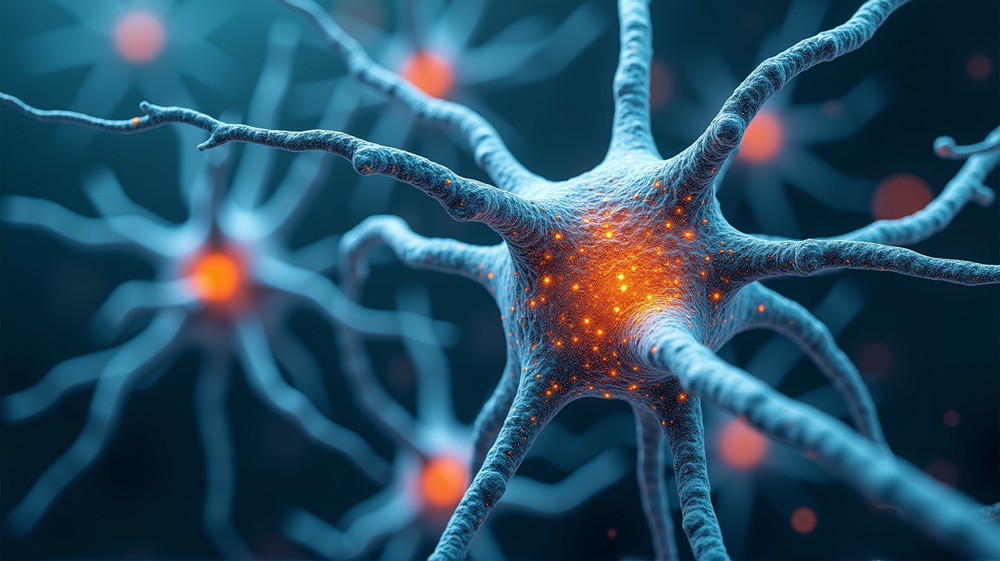Unlocking the Secrets of Brain Aging: The Fight Against Cognitive Decline
Aging disrupts many cellular processes, but none are as crucial as the impact on the brain’s protein synthesis—a revelation reshaping our understanding of neurodegenerative diseases. According to Technology Networks, this disruption in protein homeostasis, or proteostasis, is a key player in brain aging. Let’s delve further into this fascinating study.
Aging and Its Culprits
Recent findings spotlight the disruption in proteostasis within brain cells, dramatically influencing the onset of mental decline. As all processes are mediated by proteins, when functions falter, the entire system begins to unravel. The Stanford researchers, led by Judith Frydman, explored this in a vibrant turquoise killifish, revealing that it isn’t just time taking its toll but a highly specific breakdown at the stage of translation elongation.
The Killifish’s Hidden Treasure
Killifish, with their pace-set accelerating the aging process, offer a unique chance to study brain aging. The research found that as killifish age, ribosomes—the protein-building engines—begin to collide and stall, triggering protein aggregation and reduced protein levels. But this wasn’t merely about fish; it mirrored processes within humans, laying groundwork for new therapeutic targets to combat diseases like Alzheimer’s.
Breaking the Code of Protein Synthesis
The new discovery pays particular attention to translation elongation’s regulated speed, a central cog in maintaining protein homeostasis. Deregulation here explains ‘protein-transcript decoupling,’ a hallmark of aging, where protein levels no longer correlate with mRNA levels—a mystery now partly unraveled.
A New Frontier of Research
Future investigations by Frydman’s team are poised to dive deeper into ribosome dysfunction’s role in neurodegenerative disorders. By targeting translation efficiency and ribosome quality control, they seek to restore proteostasis and potentially delay cognitive decline—ushering in a new era of aging research.
Towards a Brighter, Cognitive Future
As intricate as the study sounds, its pathforward is both hopeful and invigorating. With every layer peeled back, we edge closer to interventions that may one day decelerate or even combat brain aging. For now, we continue to learn, each breakthrough sharpening the picture of our cognitive destiny.
The scientific community and those at the forefront of neurodegenerative research anxiously await further developments, poised with optimism and vigor to tackle the challenges ahead.




